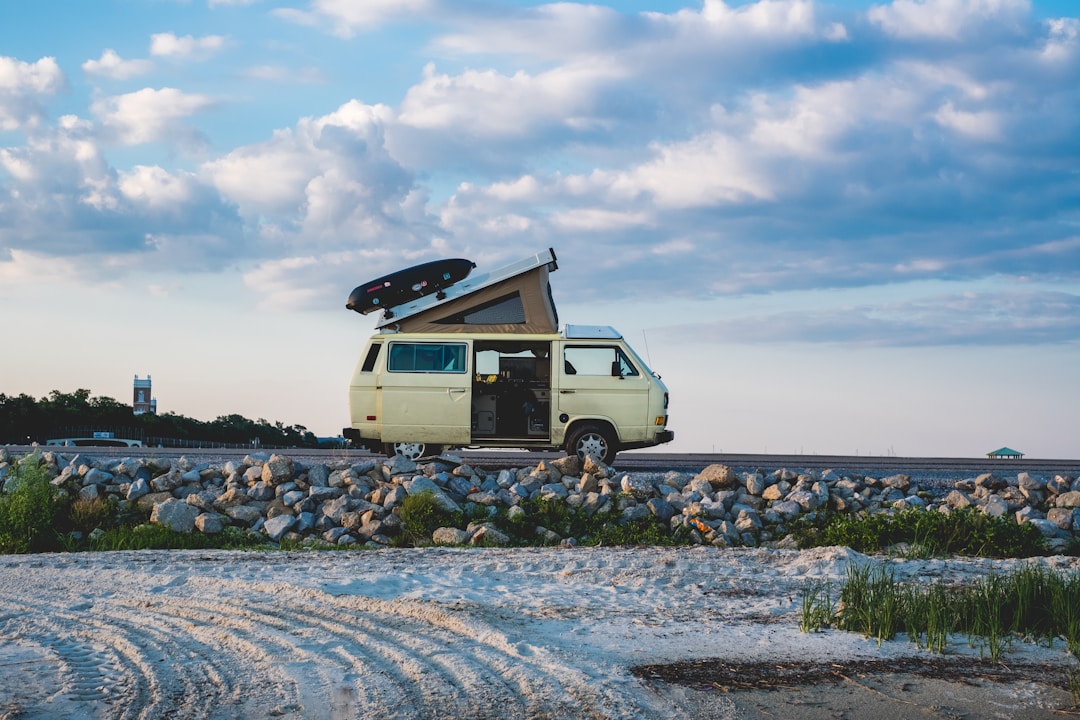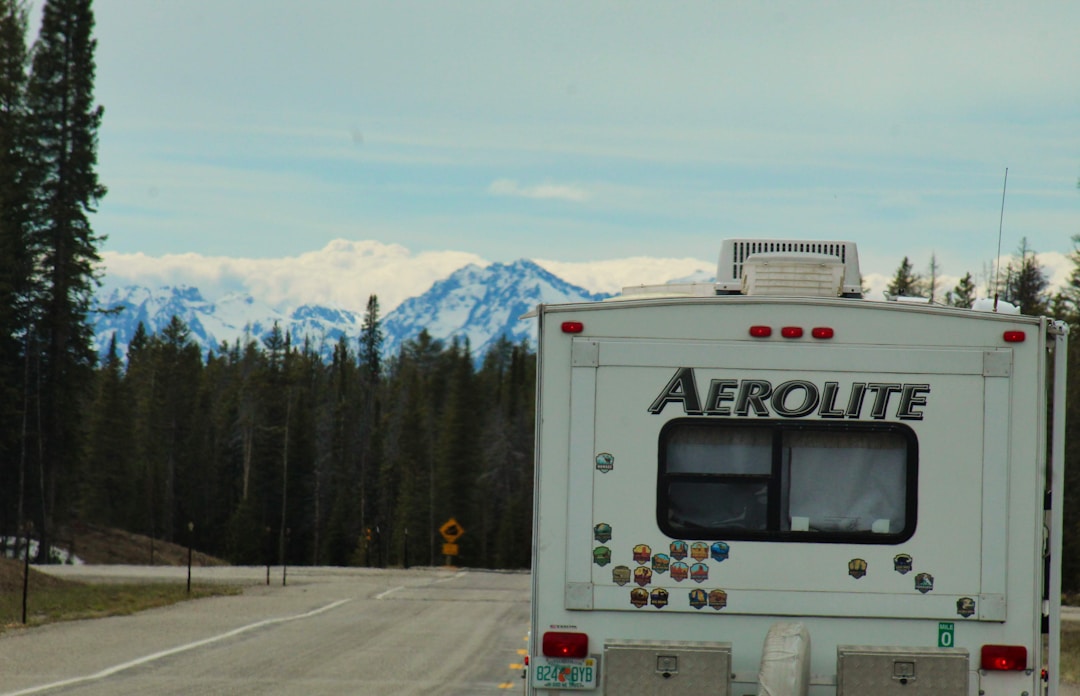Road trips can be a lot of fun. With a little planning and some thinking ahead, you can increase your chances of having a successful trip that will come with the perk of memories that will last for years. If you’re considering taking a road trip soon, here are some essential things to think about before you hit the open road.
1. The Right Clothing and Gear

When planning a road trip, especially to an unknown destination or a place you’ve never been before, it’s important to pack the right equipment and clothing. Depending on how you’ll be traveling, you’ll want to consider the climate and how much space you have for packing essentials. If traveling by RV, be sure to bring the tools you’ll need in case of a break-down. Extra chargers and water might be a good idea, too. When packing for your road trip, you’ll have peace of mind if you start with a checklist of items that could be easy to forget, like spare batteries, passports, and other forms of identification, as well as account information in the event of theft.
Consider packing clothing in neutral colors that you can layer depending on the weather. In sticking with neutrals that you can mix and match, you’ll be able to save space in your suitcase or backpacks.
2. Medications and Essentials

It’s easy to take for granted that something like a C-pap machine or nebulizer is by your bedside at home. If you have a medical condition or medical problems that require equipment, be sure to pack them or at least add them to your last-minute packing list. Be sure to plan to pack all prescription medications, dietary supplements, and more. If you suffer from several conditions, it’s a good idea to double-check how dietary changes can impact your overall health before leaving for your trip. Try a Google search for things like ‘what is a natural diuretic for water retention or ‘how to take care of damaged kidneys on the road’ before you go. Doing this research ahead will put you in a better position to handle things like swelling or other chronic symptoms that could worsen during travel.
If you own an RV or are considering an RV purchase for your trip, you’ll want to check your RV warranty or ask about that vehicle service contract. Whether you’ll be negotiating with a salesperson for the best price on a new rig or relying on a factory warranty for one you already own, knowing where you stand before you leave home is a good idea.
3. The Right Vehicle for You

Long before hitting the road, you’ll want to put serious thought into the vehicle you choose for your road trip. The last thing you’ll want to deal with is a mechanical breakdown or trying to find roadside assistance for a recreational vehicle without a plan. Do yourself a favor by taking whatever vehicle you’ll be traveling into a mechanic ahead of time. If you are traveling in a used RV, for example, you’ll want to be sure your brakes, fluids, and more are ready for a big trip.
4. Coverage for the Road

Once you’ve checked in with America’s RV Warranty to ensure you have the mechanical coverage you need, you’ll want to call your car insurance company, too. Be sure you have the right level of coverage and that any additional coverages you need are lined up ahead of time.
Don’t forget about other coverages, either. When addressing insurance, consider picking up traveler’s insurance, too. The better your coverage, the more relaxing your trip will be.
5. A General Plan

Regardless of whether you’ll be traveling in your day-to-day car, a converted van, a rented RV, an RV you own, or something different, it’s a good idea to have a general plan about your final destination. While it could be a lot of fun to leave your options open, having some idea of where you’re heading will ensure even better memories from the road. Research national parks, BLM land, campgrounds, and Harvest Host locations ahead for a more affordable trip.
After you’ve packed your medications, the right gear, and double-checked your coverage and general plan, there’s nothing left to do but hit the open road. Head out with an open mind for the adventures ahead, and don’t forget to keep your family and friends updated with pictures on your social media; thanks to technology, they can come along, too.









